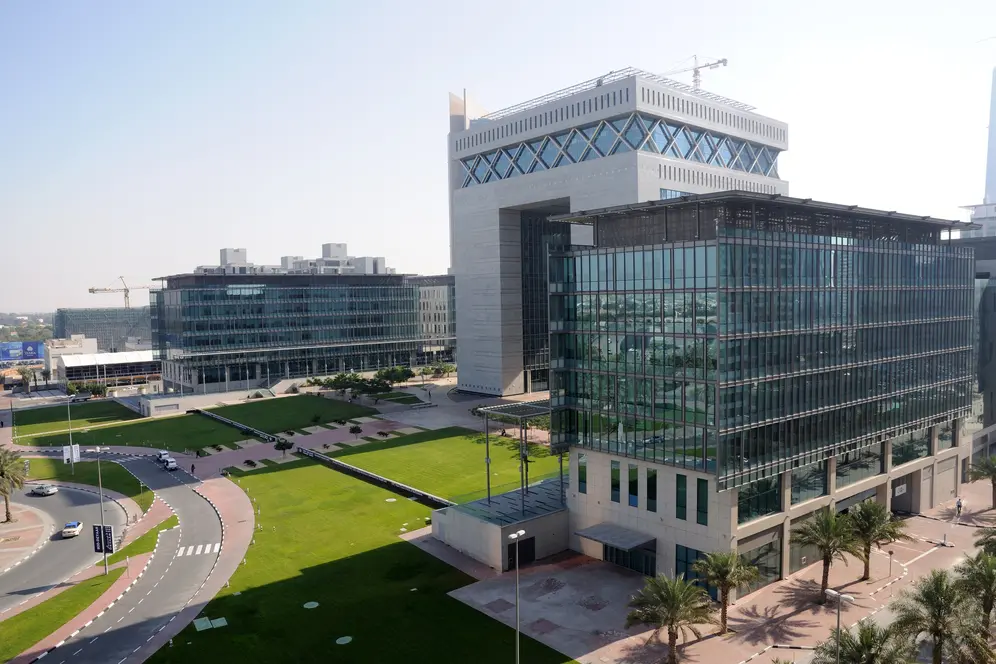PHOTO
DUBAI- Dubai International Financial Centre said the number of new companies launching operations in the financial free zone rose in 2017.
The DIFC aims to more than double the number of financial firms within the free zone to 1,000 at a time when several centres in the Middle East are vying for expansion.
DIFC, the largest such hub in the Middle East, Africa and South Asia, attracted 315 new companies in 2017, compared with 305 in 2016 and 309 in 2015, it said at a briefing about DIFC's 2017 operating review.
Much of the growth came from the so-called south-south corridor, an area encompassing Africa, South America, the Middle East and Asia that DIFC is expecting to produce rising business demand.
The financial centre will hit or exceed its target set in 2014 of tripling its size by 2024, said Essa Kazim, governor of DIFC.
In comments aimed at encouraging more banks to establish themselves in the Abu Dhabi Global Market (ADGM), Abu Dhabi National Oil Co (ADNOC) Chief Executive Sultan al-Jaber said last week that the firm was likely to engage more with financial institutions that have a presence in ADGM.
Elsewhere in the region, many international banks are also seeking to step up their presence in Saudi Arabia, hoping to capitalise on the kingdom's huge privatisation drive.
"There are plenty of examples of markets supporting two financial centres, and there is plenty of scope for financial centres in the region to grow in their own focus areas and complement one another in terms of activity and regulations," Kazim said in reply to an emailed question from Reuters.
After recording revenue growth of 1 percent in 2017, DIFC expects its revenue to receive a boost from 2018 onwards from the opening of two new real estate projects, Kazim said.
(Reporting By Tom Arnold; Editing by Tom Balmforth) ((Tom.Arnold@thomsonreuters.com; +97144536265; Reuters Messaging: tom.arnold.thomsonreuters.com@reuters.net))





















